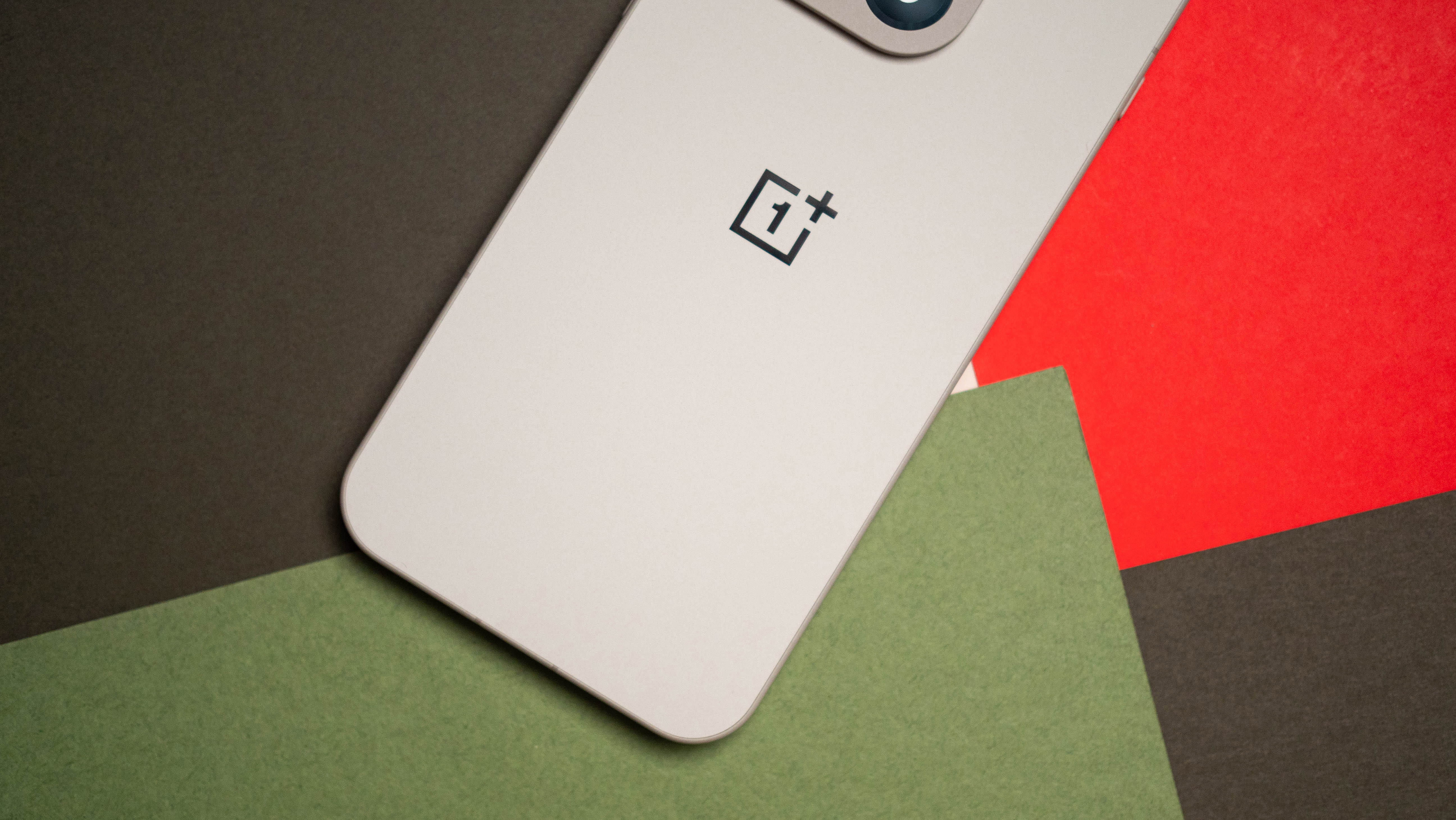Samsung Running Coach is a cool idea held back by hardware and execution
Samsung says beginner and experienced runners will benefit from its Running Coach, but that's only half true so far.
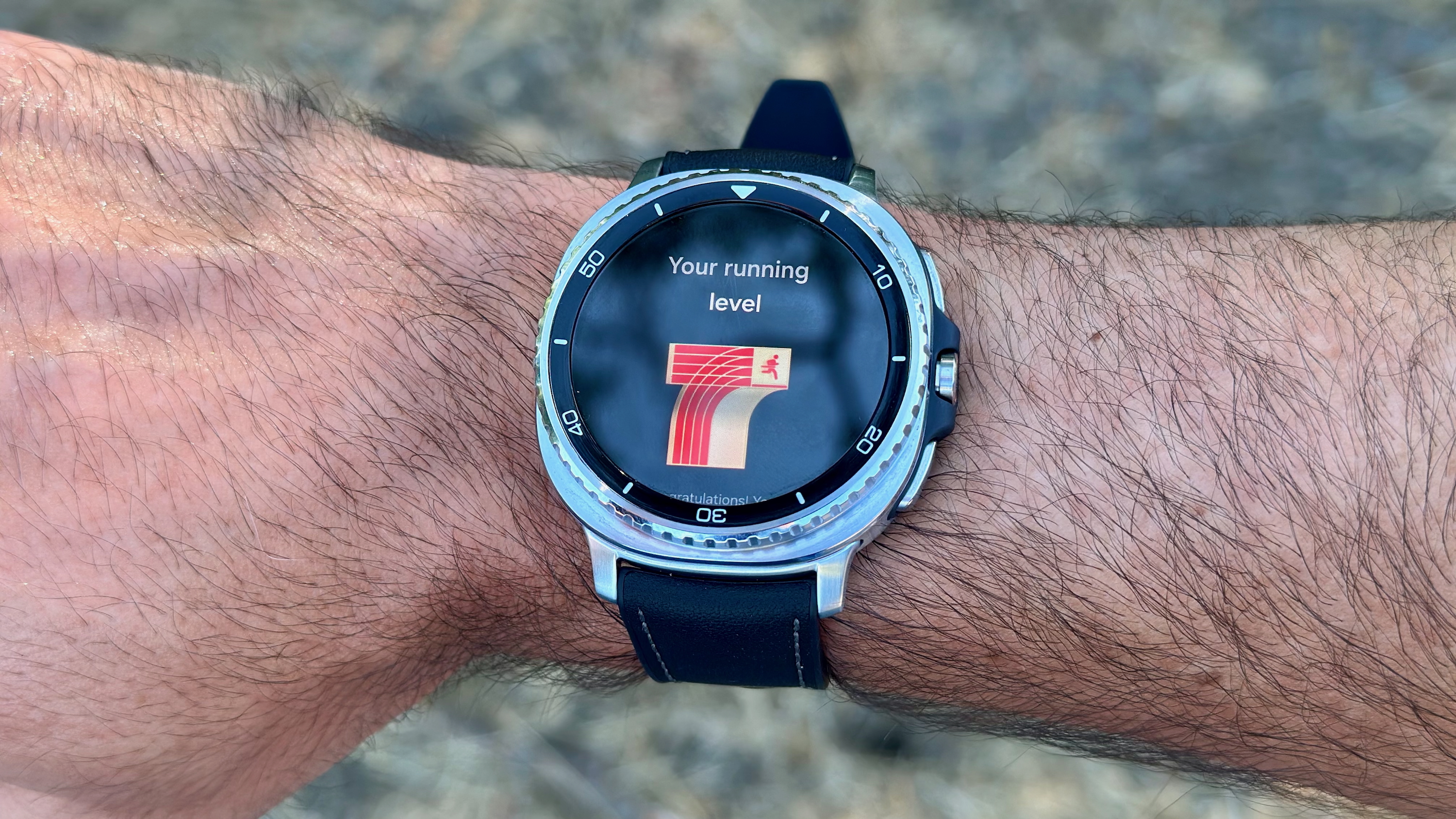
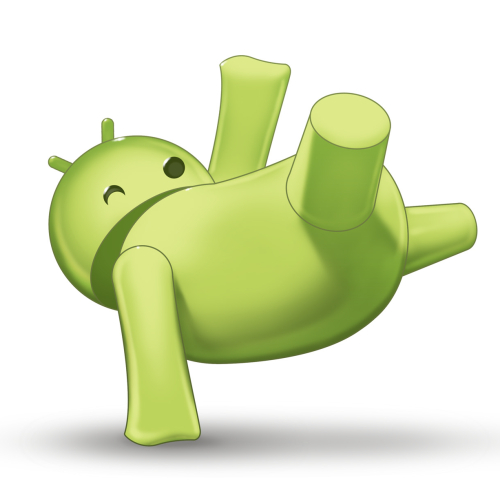
In this weekly column, Android Central Wearables Editor Michael Hicks talks about the world of wearables, apps, and fitness tech related to running and health, in his quest to get faster and more fit.
Running Coach on the Galaxy Watch 8 generates a months-long, personalized training plan for beginner runners to hit race milestones like 5Ks, 10Ks, or half & full marathons. As a running veteran, I'm genuinely impressed with Samsung's answer to Garmin Coach...in theory. But some fundamental issues stop me from recommending the Watch 8 series to runners.
Running Coach launches on One UI 8 Watch for the Galaxy Watch 8 and (eventually) Watch 7. You fill out a quick survey with your age, height, weight, and gender, then log the furthest distance you've run — None, 5K, 10K, half marathon, or marathon — and how fast you finished.
You must then complete a 12-minute "running test," starting at a "comfortably hard pace" before building to "full speed," and are lastly timed on how quickly your heart rate recovers during cooldown. It's Samsung's equivalent to the lactate threshold test.
Based on your survey and test results, Samsung gives you a 1–10 rank; each level has a target distance and pace that you must hit to level up. Levels 1–3 focus on finishing a 5K, 4–5 on 10Ks, 6–7 on a half marathon, and 8–10 on a full marathon.
For each level, you're given a 3-to-5-week training plan, with tailored runs each week to build up your speed and endurance. Only after you've completed most of your workout plan can you take the "level test" and graduate to the next tier.
Level | Goal | Test |
|---|---|---|
1–3 | Finish a 5K under 35 minutes | Level 1: 0.93 miles under 10:22 (11:09/mile) Level 2: 1.86 miles under 20:45 (11:09/mile) Level 3: 3.10 miles under 34:34 (11:09/mile) |
4–5 | Finish a 10K under 1:10 | Level 4: 6:21 miles under 1:09:09 (11:08/mile) Level 5: 6:21 miles under 1:08:20 (11:00/mile) |
6–7 | Finish a half marathon under 2:30 | Level 6: 9.32 miles under 1:42:43 (11:01/mile) Level 7: 13.1 miles under 2:24:08 (11:00/mile) |
8–10 | Finish a marathon under 5:00 | Level 8: 13.1 miles under 2:20:38 (10:44/mile) Level 9: 13.1 miles under 2:17:07 (10:28/mile) Level 10: 26.2 miles under 4:48:15 (11:00/mile) |
Each workout plan is "designed to help users train safely for marathons" or shorter distances through "optimized intensity and injury-preventive routines." Samsung says an "experienced runner" should find a program that's right for them, even if Running Coach is "ideal for beginners."
While the lower levels focus on walking, jogging, and low-intensity runs to build endurance, the higher levels have a wide range of activities: Fartlek runs, repetitions, high-intensity intervals, buildup runs, long slow distance runs, and jogging, among others. That kind of complex variety is vital for increasing your VO2 Max.
Get the latest news from Android Central, your trusted companion in the world of Android
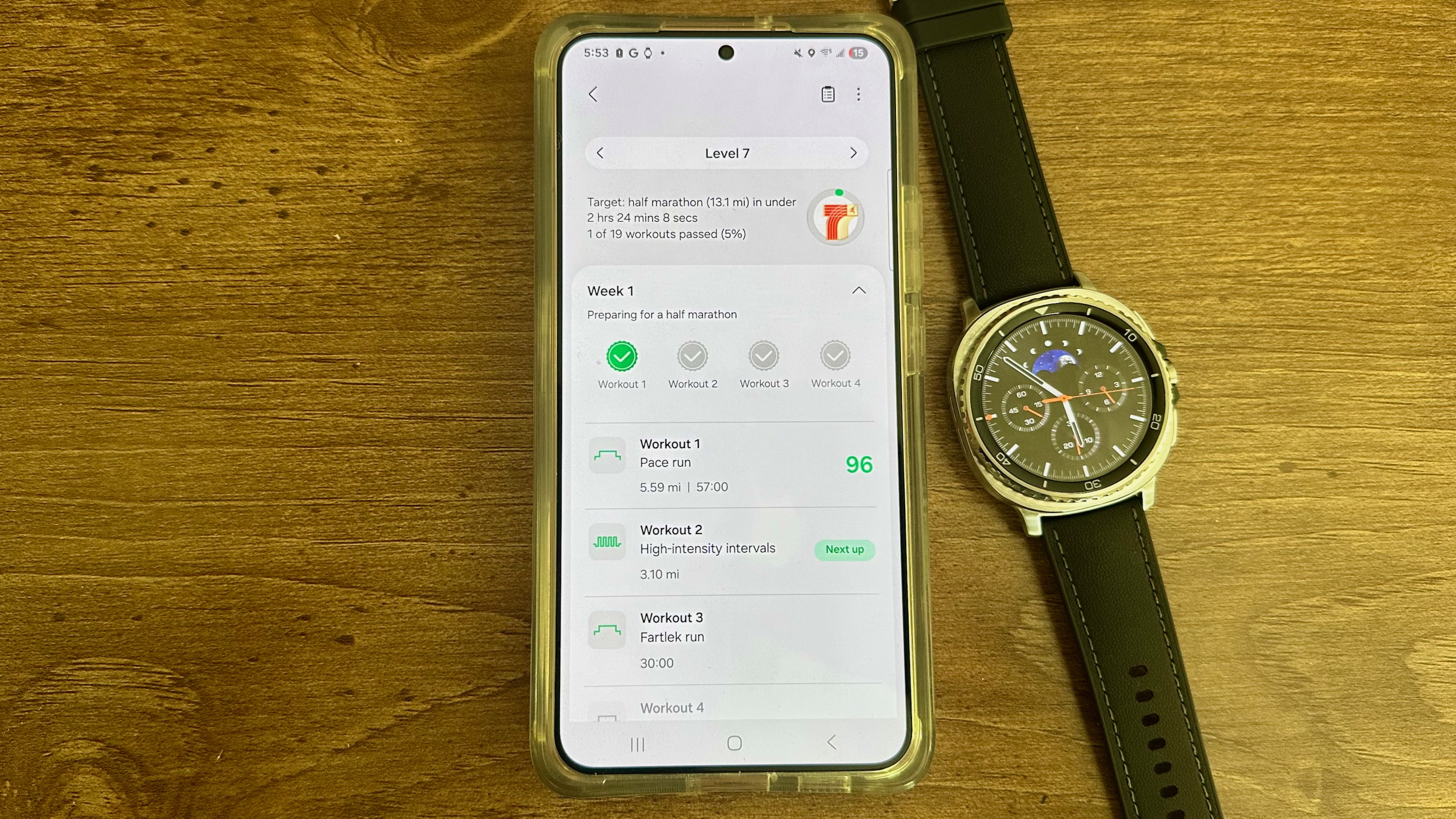
I like Samsung's approach, here! Samsung knows that "serious" runners already gravitate towards fitness watches with long battery life. So it's focusing on amateurs, with a gamified system that introduces them to a wide range of workout types, without overwhelming them.
Running Coach has you complete 3–4 activities a week, but on your own schedule instead of Samsung's. This gives running newbies the leeway to recover from tough runs or give themselves an off-day without worrying about failing the program. You don't need to finish every workout before taking a level test, just enough to improve.
Samsung Running Coach doesn't know how to rank 'experienced runners'
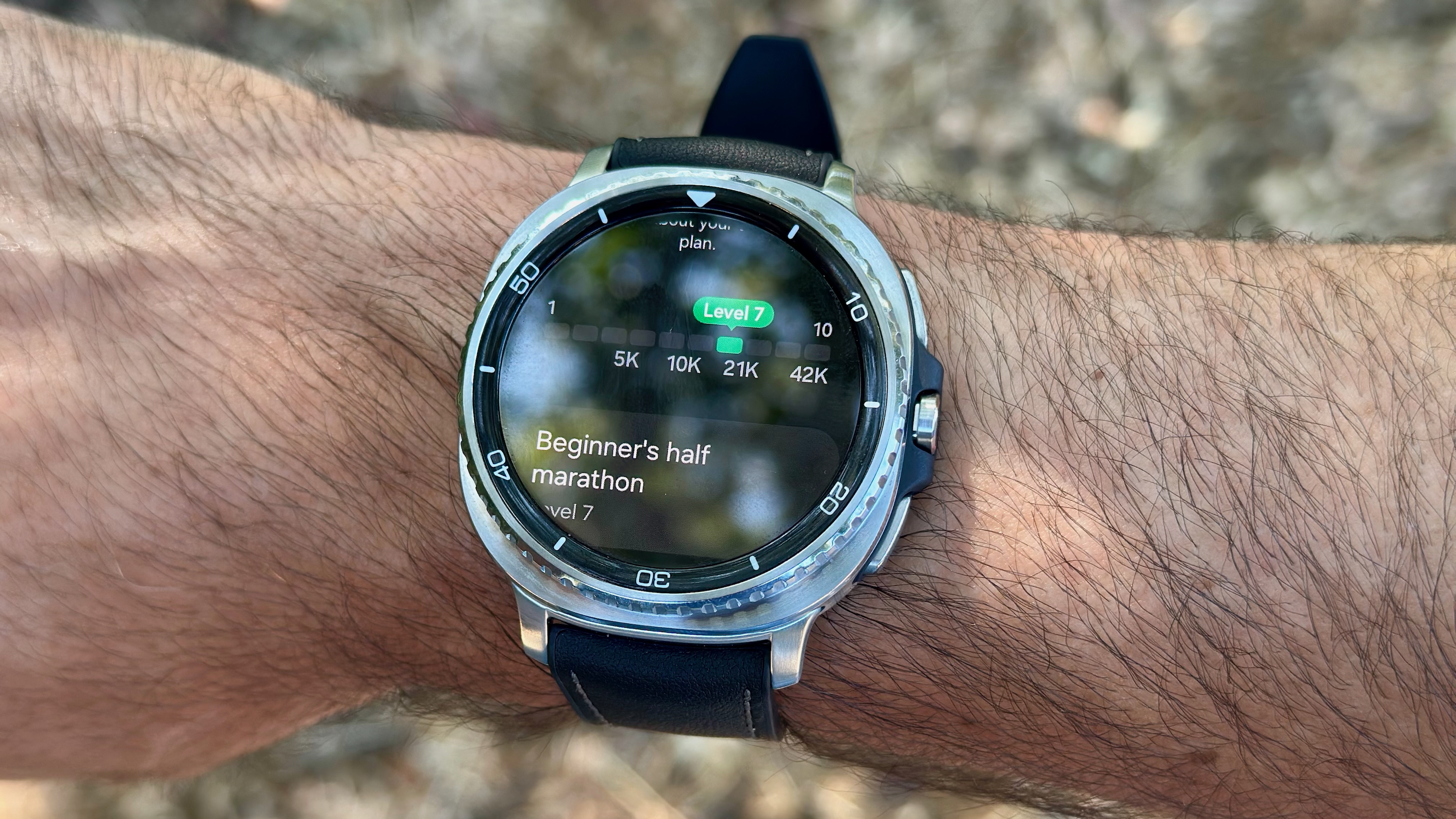
When I took the Running Coach survey, I gave Samsung my last half-marathon pace (1hr:54m), then finished my Watch 8 running test at a 7:09/mile pace. It wasn't my best, as I had to run it on a rolling trail, and I ran too fast at the start, but I figured it would be enough to satisfy Samsung.
Instead, Samsung placed me in Level 7, the "beginner's half marathon tier," with a target of running a half in 2:24 — 30 minutes slower than I ran during a fairly mediocre (for me) race a month ago. Aside from stinging my ego, my workout training plan just isn't tailored to me.
My first recommended workout was a 5.5-mile "pace run" with a 3/5 difficulty score at 10:11 pace; I finished it at a 9:52 pace, and the Garmin Forerunner 970 on my other wrist graded it a "low-aerobic run," meaning not that hard. My next run of "high-intensity intervals" will max out at 9:07 pace for five 0.62-mile splits. Trust me, that's mid-intensity for me, at best.
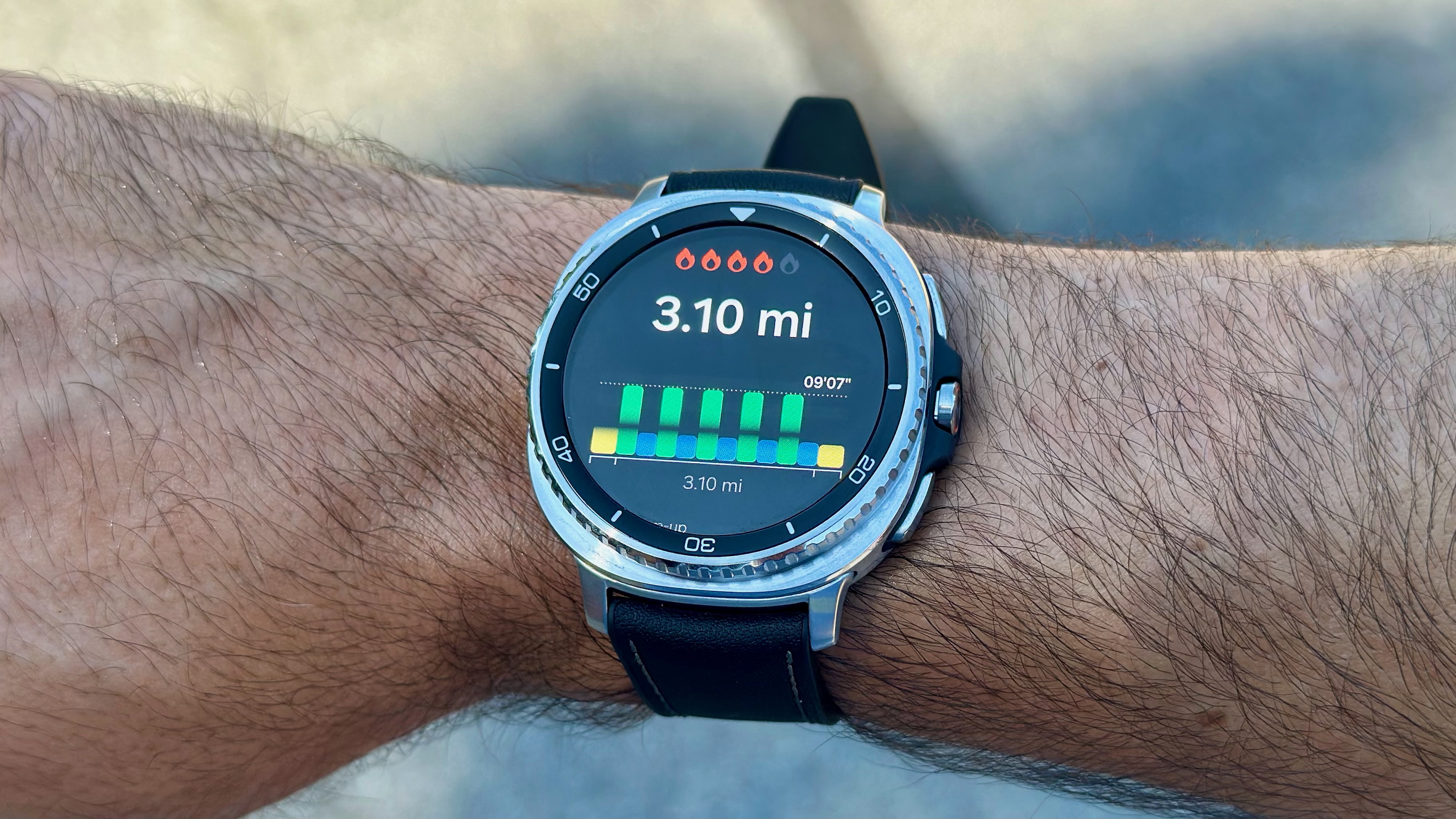
I understand that this level-7 training plan isn't for me; it's intended for intermediate runners. However, Samsung needs to do a better job of ranking me or adapting to my average pace, as I can't manually level up. Instead, I would need to retake the 12-minute placement test or complete another 17 workouts at slow paces to qualify for level 8.
If Samsung let runners choose an HR zone instead of pace as the workout criteria, this would solve the issue and let runners target the intensity that's right for them.
For now, this Running Coach really is meant to, well, coach slow novice runners. It's a promising beta that could eventually help experienced runners. But so long as it focuses on building up mileage at a slow pace, those who want to get faster at their current race distance will be out of luck.
The Galaxy Watch 8 Classic has some fundamental issues for runners
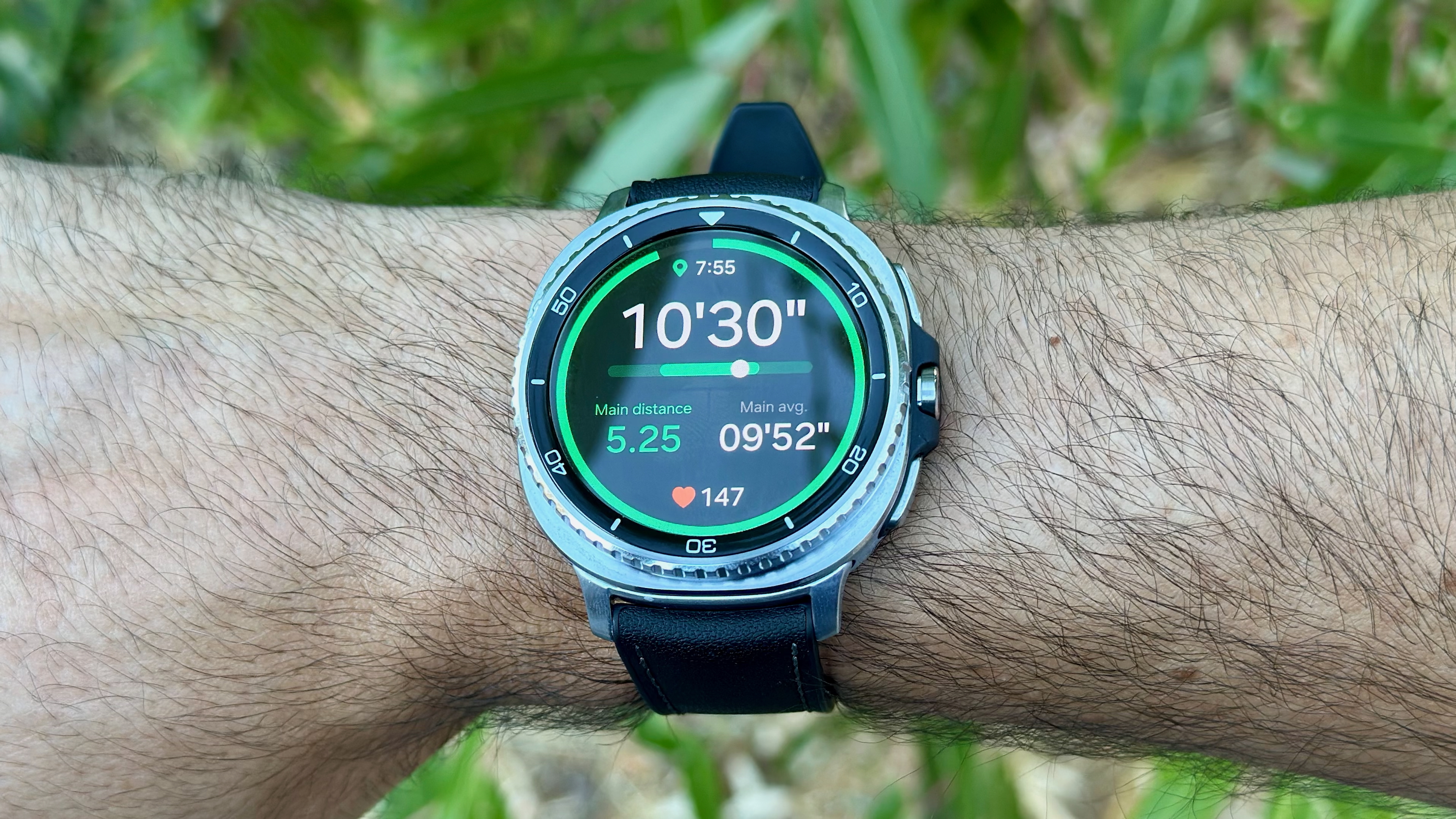
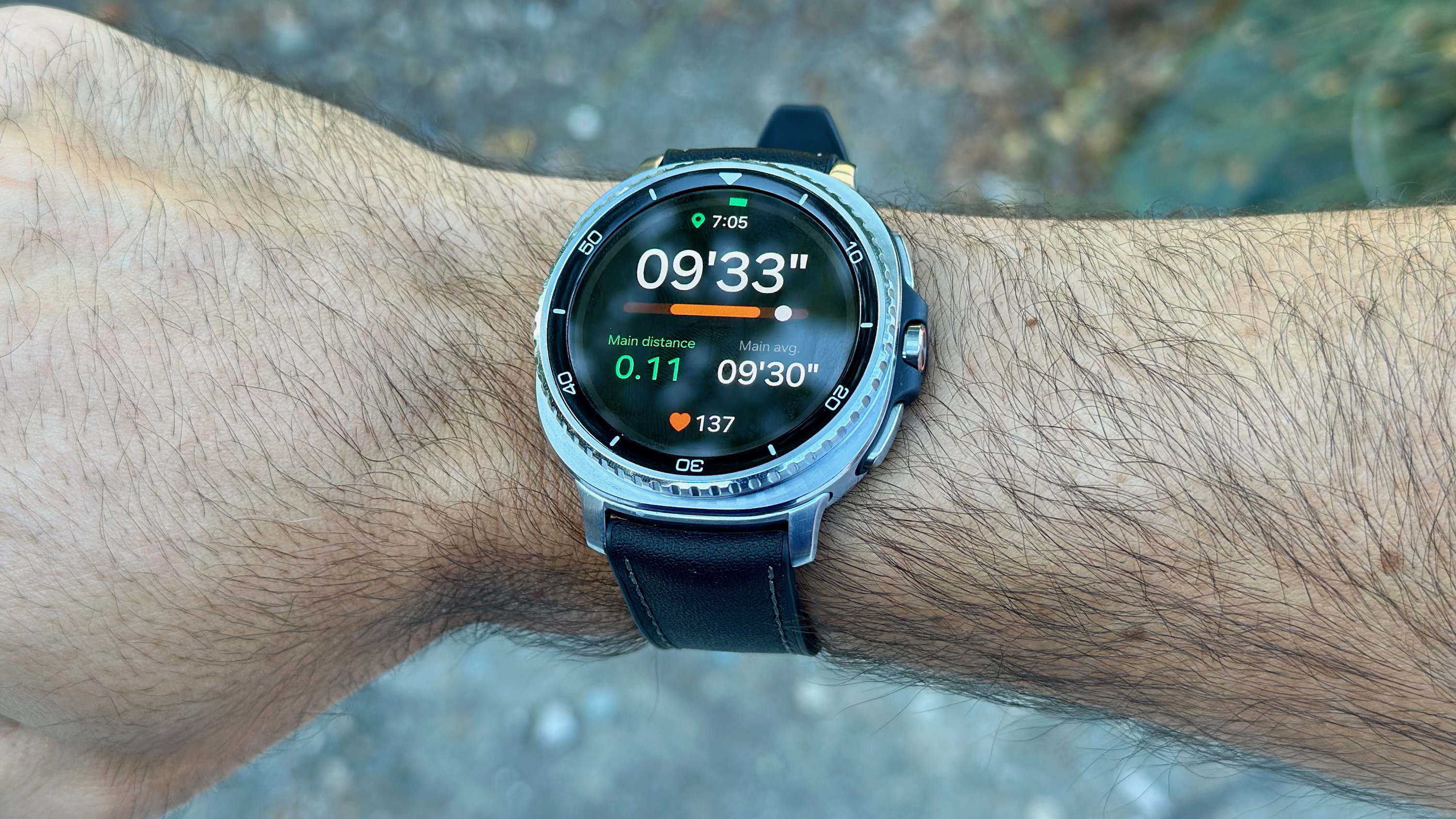
Most smartwatches have guided workouts that buzz your wrist if you fall out of the target pace or HR range. Samsung's Running Coach workouts follow this system, but not very well!
The photos above show the default workout screen, with your current pace, distance, average pace, and HR. The color changes if your HR average is too high or low, but it doesn't say anywhere what the target range is, or say if your current pace is outside the zone.
Worse, my "current pace" was erratic and incorrect for most of the run. The final tracked pace was 9:58/mile (Garmin measured 9:52), but the watch display usually showed me much slower than that (around 10:20–40), even as I got notifications saying I was on or above pace. Without my Garmin to ground me with actual pace data, I wouldn't have known how fast I was moving at any given moment.
The most annoying part was how the Watch 8 told me I was "on pace" over and over. I expect a notification when I go off pace and when I'm back on; that's it. Instead, every minute or two, I'd be told whether I was on pace, and I had to check every notification in case I wasn't. It distracted me from my rhythm and rarely conveyed useful info.
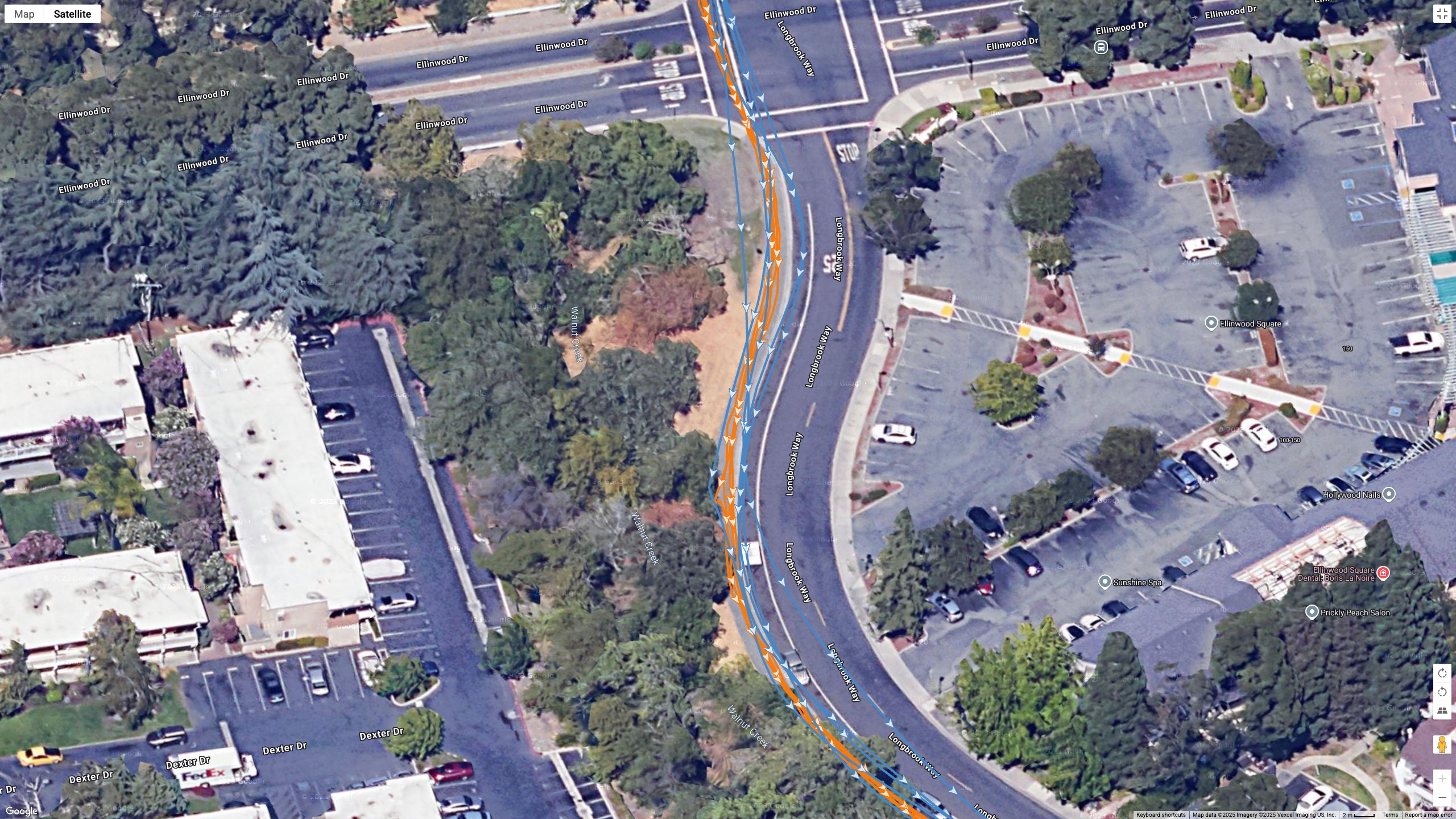
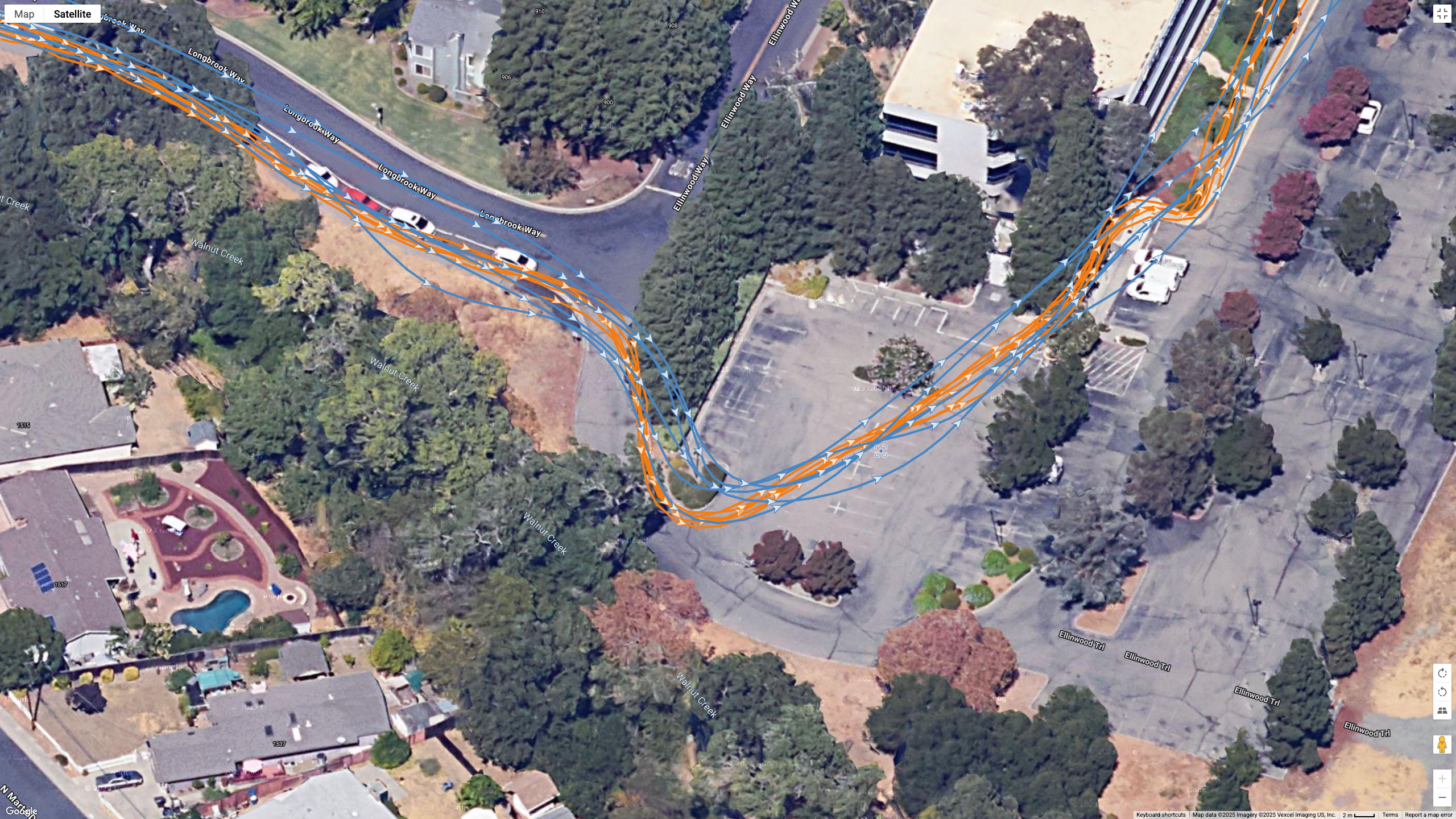
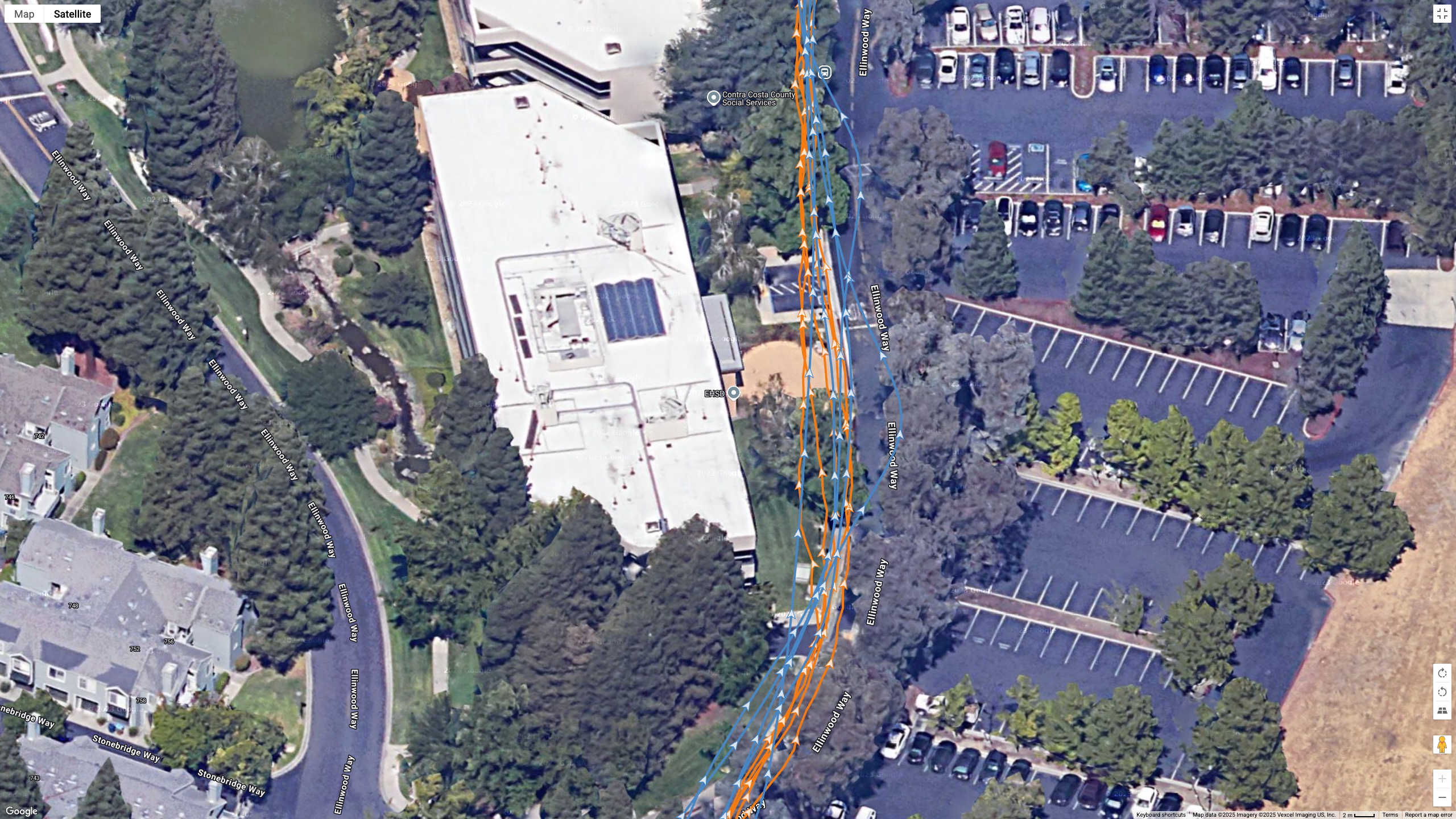
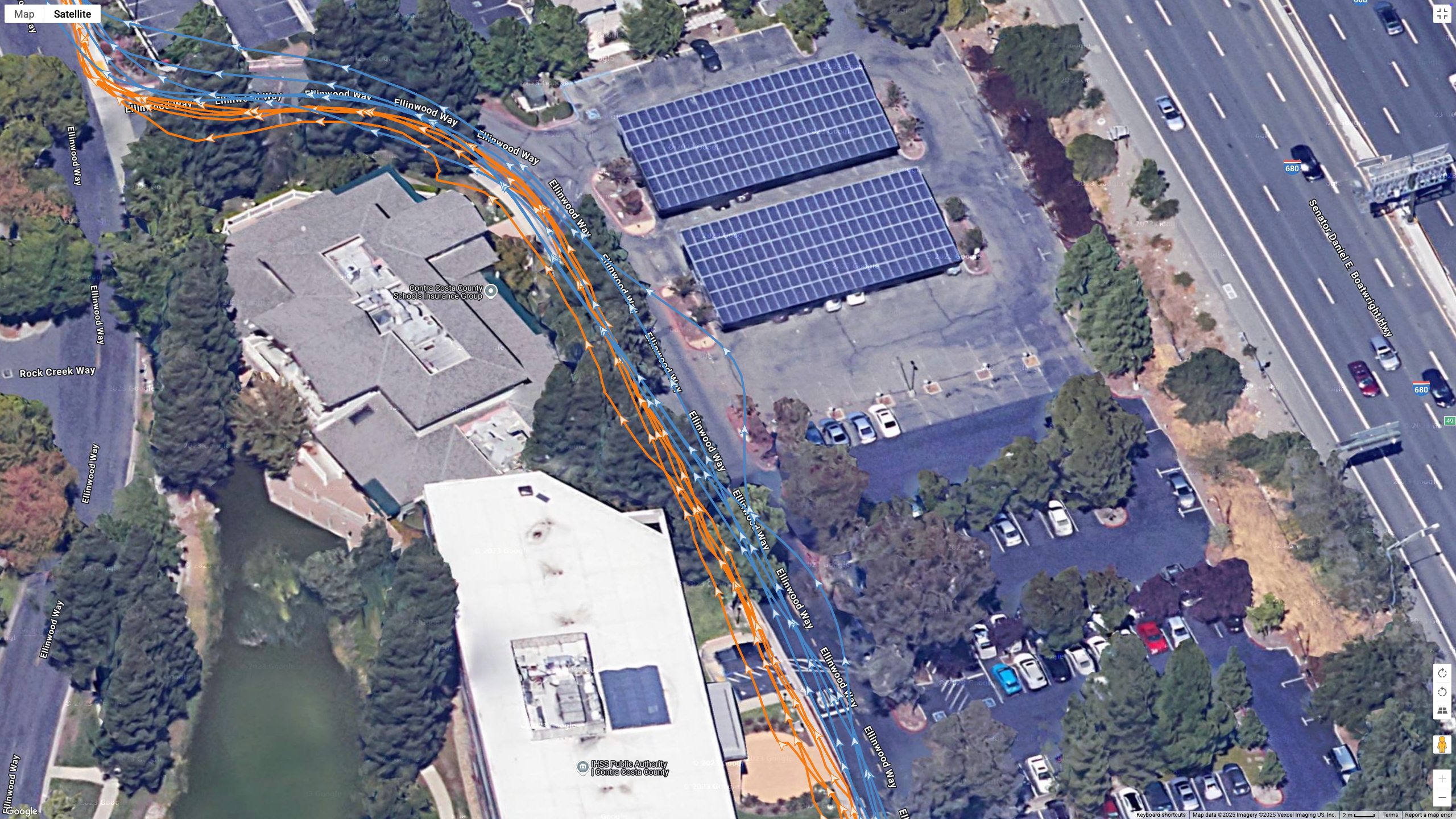
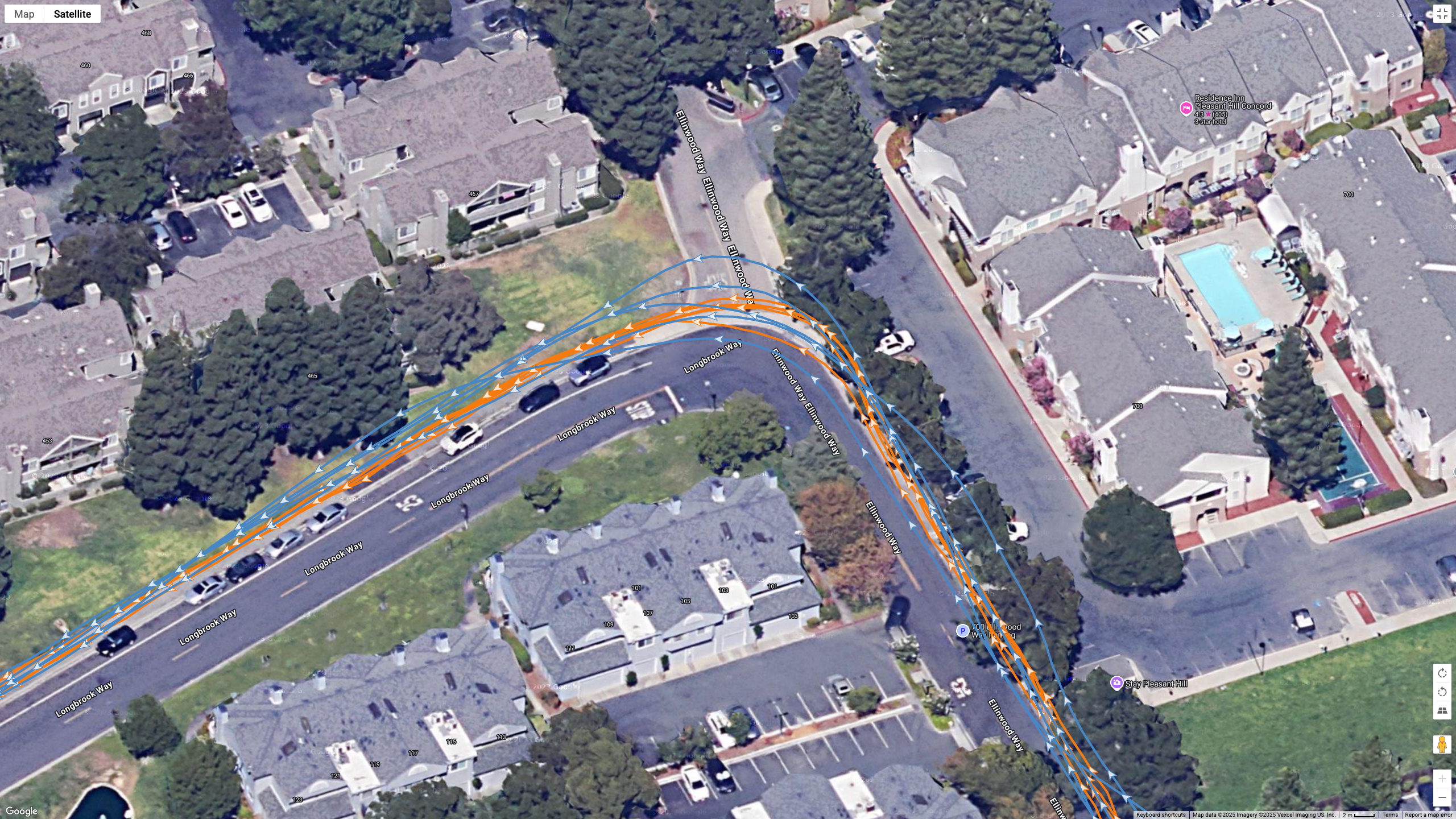
I wonder whether inconsistent GPS data led to the erratic pace data. This is the second Galaxy Watch generation with dual-band GPS, but Samsung's GPS accuracy has somehow worsened from my Galaxy Watch Ultra tests last year.
I ran six miles on the same neighborhood loop, mostly keeping to the same line, then synced my Garmin Forerunner 970 (orange) and Galaxy Watch 8 Classic (blue) in the satellite maps above. Click the box to zoom in; you can see how Garmin sticks to the correct path, while Samsung occasionally juts well off my actual path into streets or trees, and frequently cuts corners.
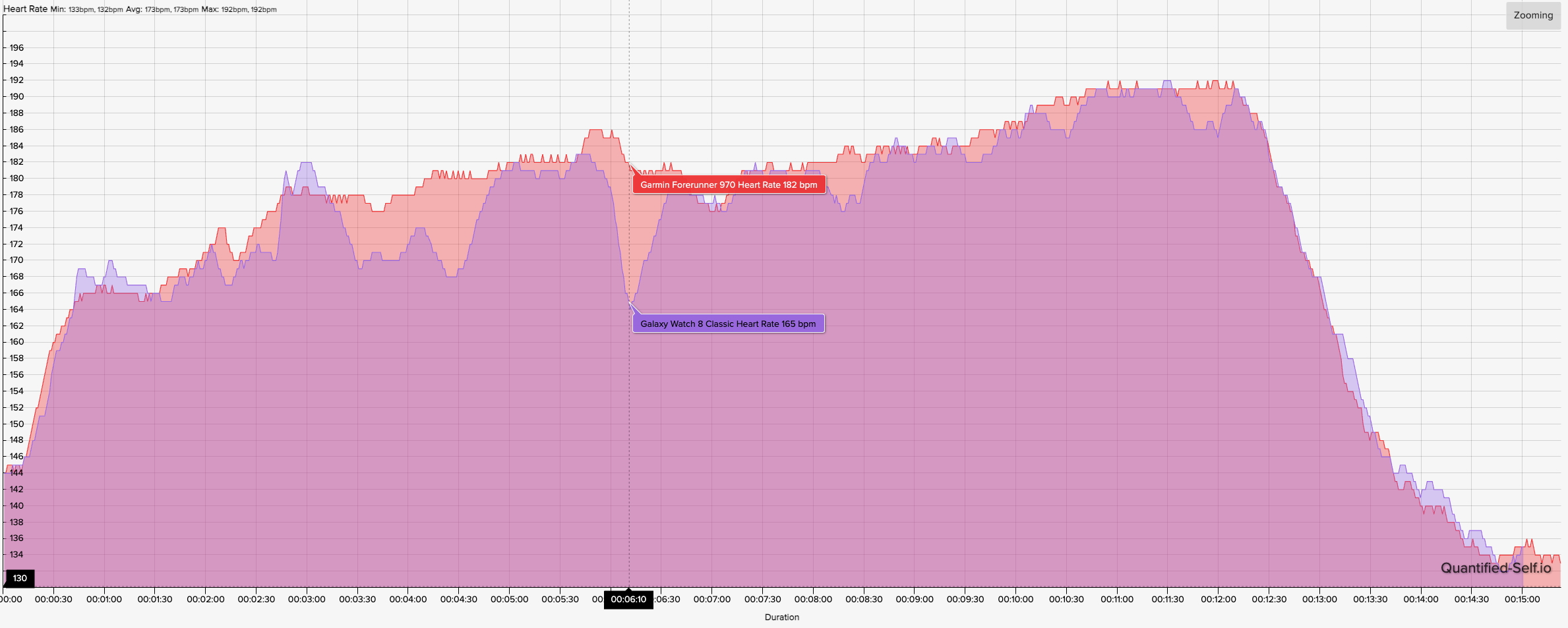
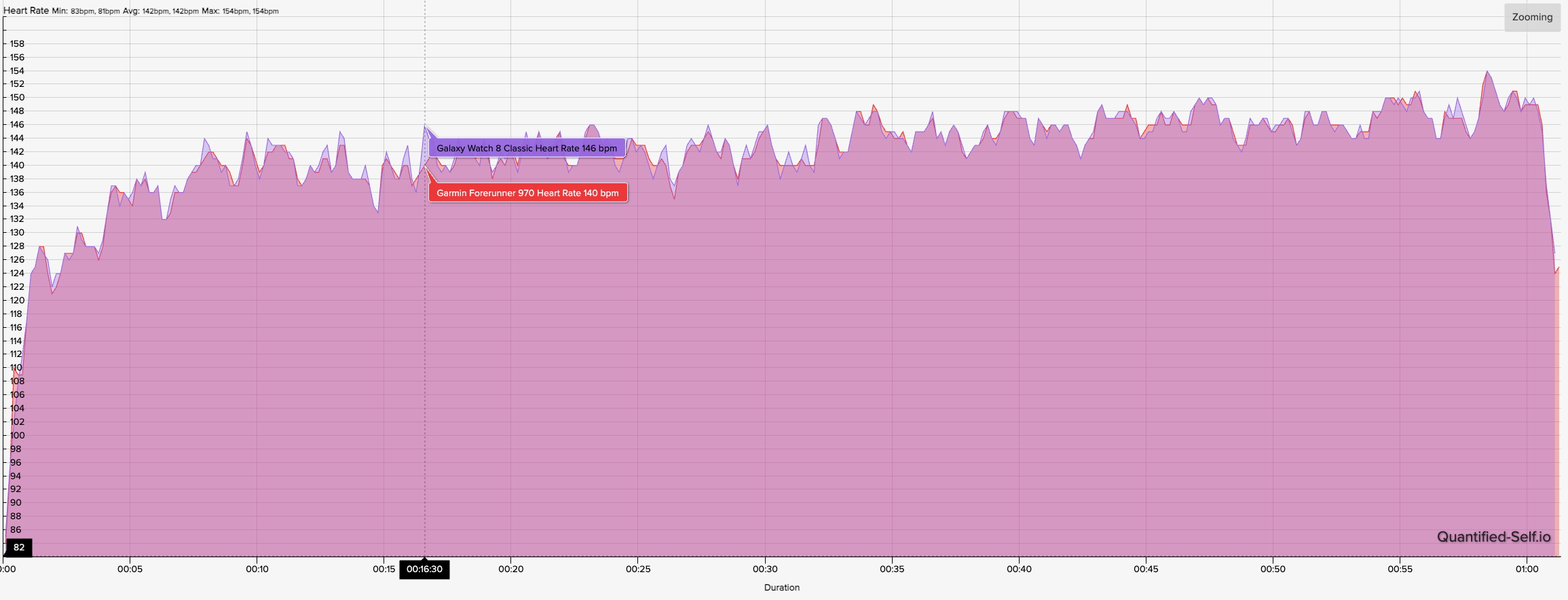
The Watch 8 Classic heart rate data is more reliable, especially for lower-paced runs. But the first HR chart above from my high-intensity Running Coach test has a few moments where my HR drops 5–10 bpm even as I increase my intensity. Samsung and Garmin somehow ended with the same HR average by the end (172), but in the moment, you'd assume your HR was much lower than the reality.
The Galaxy Watch 8 Classic weighs 86g and tends to bounce on my wrist during runs unless I tighten the strap closely. Perhaps that caused these HR issues; I'll have to test it against an HR chest strap to be more definitive.
A decent start
I'll have more to say during my actual Watch 8 Classic review. I've been impressed with the device overall: the stylish rotating bezel delivers accurate controls, the antioxidant index accurately judges your dietary needs, and the new Tiles are fantastic.
By contrast, the Running Coach truly feels like a beta product right now, and even if Samsung improves it, runners will still have to reckon with these intrinsic problems with hardware accuracy. I have to admit that it's a bit disappointing.

Michael is Android Central's resident expert on wearables and fitness. Before joining Android Central, he freelanced for years at Techradar, Wareable, Windows Central, and Digital Trends. Channeling his love of running, he established himself as an expert on fitness watches, testing and reviewing models from Garmin, Fitbit, Samsung, Apple, COROS, Polar, Amazfit, Suunto, and more.
You must confirm your public display name before commenting
Please logout and then login again, you will then be prompted to enter your display name.

